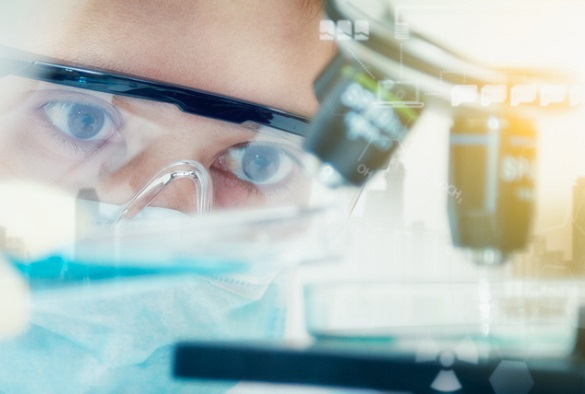
A Liverpool-led research initiative has been awarded more than £2.2m ($2.8m) in funding from Unitaid for AGILE, a project to rapidly identify drugs to help treat and prevent COVID-19. The funding is part of the special investment approved by Unitaid’s Executive Board to bolster the COVID-19 response.
Conventional evaluation of new medicines is too lengthy (typically 10 years) to meet the urgent need for treating and preventing COVID-19, a viral respiratory illness caused by the severe acute respiratory syndrome coronavirus 2 (SARS-CoV-2).
‘Second wave’ compounds
The challenge now is to accelerate this, to quickly identify which amongst the large and diverse list of potential candidates. Large-scale trials are currently evaluating the ‘first wave’ of repurposed medicines, such as remdesivir (originally developed for Ebola), lopinavir (for HIV), and hydroxychloroquine (for malaria), for treating or preventing COVID-19. Should these compounds fail to demonstrate benefit, a bewildering and increasing range of alternative, ‘second wave’ compounds (with less clinical evidence) have to be examined.
Since a majority of experimental treatments which initially seem attractive will eventually prove ineffective, our best chance of finding effective medicines for treatment and prevention lie in our ability to rapidly provide clinical proof-of-concept for drug candidates emerging from global preclinical screening efforts. Dynamic early stage (phase I/IIa) clinical trials are required to advance, ahead of time, plausible candidates for inclusion in randomised phase III clinical trials, and to eliminate candidates with little or no prospect of clinical success before huge resources are committed.
‘Fast track’
The AGILE COVID-19 Drug Testing Initiative, led by the University of Liverpool and involving researchers from the Liverpool Tropical School of Medicine, Southampton Clinical Trials Unit and NIHR Liverpool and Broadgreen Clinical Research Facility, has been established to enable the rapid clinical evaluation of potential COVID-19 therapeutics.
Saye Khoo, Professor of Molecular and Clinical Pharmacology, University of Liverpool, said: “AGILE uses the most modern and innovative statistical methods which allows for multiple drugs to be tested in parallel, and to remove or add treatments faster than ever before, based on results of safety and efficacy.”
“This has the advantage of testing more treatments, more quickly, to find out which new drugs are suitable for large-scale testing in COVID-19 patients. This is similar to ‘fast track’ programmes for treatment of cancer patients that are approved by the UK regulator.”
International collaboration
Andrew Owen, Professor of Molecular and Clinical Pharmacology, University of Liverpool, said: “Working closely with established consortia including key stakeholders involved in WHO-led expert groups for treatment and prevention of COVID-19, AGILE will advance plausible candidates for these consortia to test in large-scale trials.”
“AGILE has been specifically designed to rapidly identify drugs that stand the best chance of success in the battle against COVID-19.”
Dr Philippe Duneton, Unitaid Executive Director a.i., said: “The University of Liverpool AGILE project will complement the global response in therapeutics, including the work that Unitaid is co-leading in the Access to COVID-19 Tools Accelerator initiative.”
“This project is designed to help accelerate finding effective medicines to treat and prevent COVID-19”.
The AGILE clinical research trials will be taking place at the NIHR Royal Liverpool and Broadgreen Clinical Research Unit based at the Royal Liverpool University Hospital. The Unit provides state of the art purpose-built facilities that offer a safe and regulated environment to perform clinical research trials to the highest possible standards.
The Unitaid funding is coming to AGILE via the LONGEVITY project which aims to develop long-acting formulations for different diseases. More about the project can be found here.